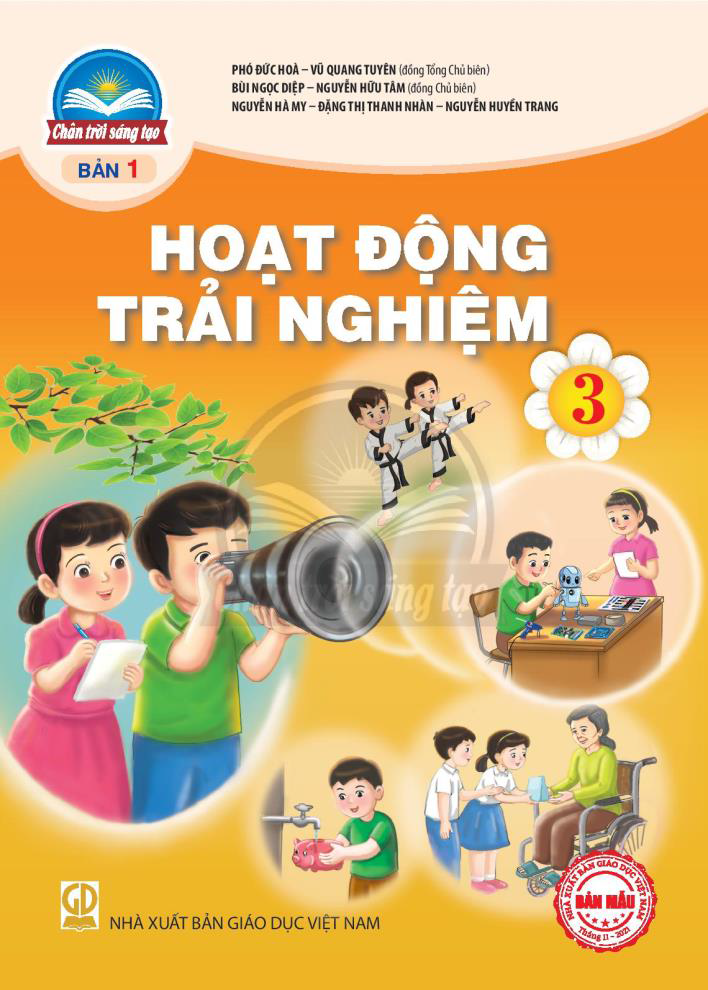(Page 40)
II. SKILLS
Listening
1. Listen to a talk about life expectancy. Put the information in the order you hear it. 🎧
A. Getting access to better medical care
B. Understanding age-related diseases better
C. Giving facts about life expectancy in some countries
D. Understanding the importance of good health
2. Listen again and choose the correct answers A, B, or C.
1. What is the life expectancy in many of the richest countries?
A. More than 80. B. Less than 80. C. More than 85.
2. What was the life expectancy in Japan in 2022?
A. Over 94. B. About 84. C. Over 85.
3. According to the speaker, what is the first reason for the increased life expectancy?
A. People get access to better food.
B. Better medical care is available.
C. People live in a better environment.
4. What do people do when they realise the importance of good health?
A. They continue unhealthy habits such as smoking and drinking.
B. They stop doing things that are bad for their health.
C. They ignore what they eat or drink every day.
5. What is the benefit of understanding age-related diseases better?
A. People can live as long as they want.
B. People can treat their diseases.
C. People can take better care of themselves.
Speaking
1. Work in pairs. Discuss what future cities should have so that city dwellers can live a long and healthy life. Fill in the diagram.
What should future cities have?
• (1) _________
• (2) _________
• (3) _________
• robots to take care of people's health
• modern vehicles that do not pollute the environment
2. Work in groups. Compare your diagrams. Discuss which is the most important thing that will help people to live a long and healthy life in the cities of the future.
(Page 41)
Reading
1. Read the text. Match the headings (1-3) with the paragraphs (A-C).
1. Comparing to others
2. Lack of understanding
3. Lack of interaction
In most cultures, there is a generation gap between parents and their children. There are many reasons for this gap. Below are three of them.
A.
As each generation is strongly influenced by changes in society, parents and children may see the world differently. In addition, different lifestyles make it difficult for parents and their children to fully understand each other's way of thinking. Many adult children even cut all ties with their parents.
B.
Busy work and school schedules often prevent parents and children from spending time together. After a long and stressful day at work, parents come home, often feeling exhausted, and have little time to spend with their children. This leads to a lack of communication and widens the generation gap.
C.
Many parents keep comparing their children to other children, or even to how they behaved as children. They think it is good for their children to see these good examples and try to improve. However, this only makes the gap wider and causes their children to lose confidence in themselves. Some children may even start hating those people that they are compared to.
2. Read the text again and decide whether the following statements are true (T) or false (F).
| T | F | |
| 1. Three reasons for the generation gap between parents and children are mentioned in the text. | ||
| 2. Changes in society help parents and children get closer to each other. | ||
| 3. Despite their busy schedules, all parents and children spend a lot of time together. | ||
| 4. Parents don't have enough time for their children because they work long hours. | ||
| 5. Many parents believe that comparing their children to others is good for them. |
Writing
Write an opinion essay (120-150 words) on the following topic. You may use the ideas in the reading to help you.
Some parents often compare their own childhood to their children's experiences today with the intention of teaching them good behaviour. Do you think this is a good idea?
______________________________________________________________________________________
______________________________________________________________________________________
______________________________________________________________________________________

























